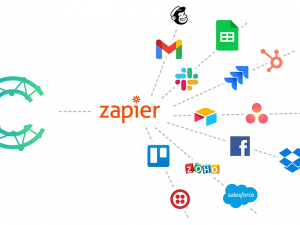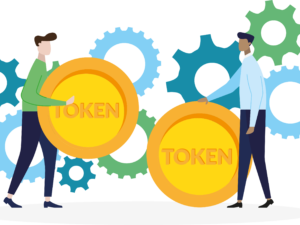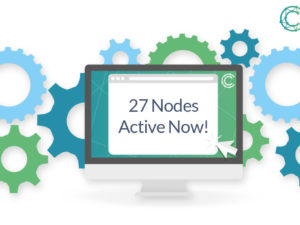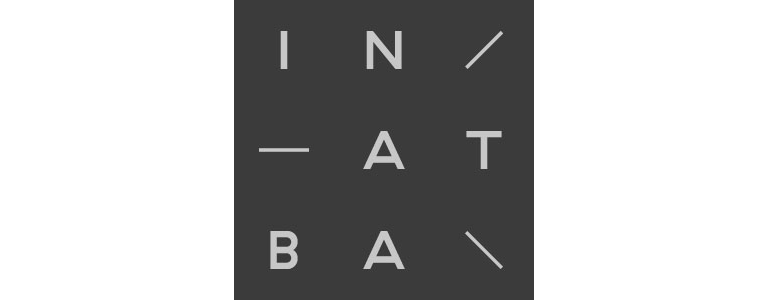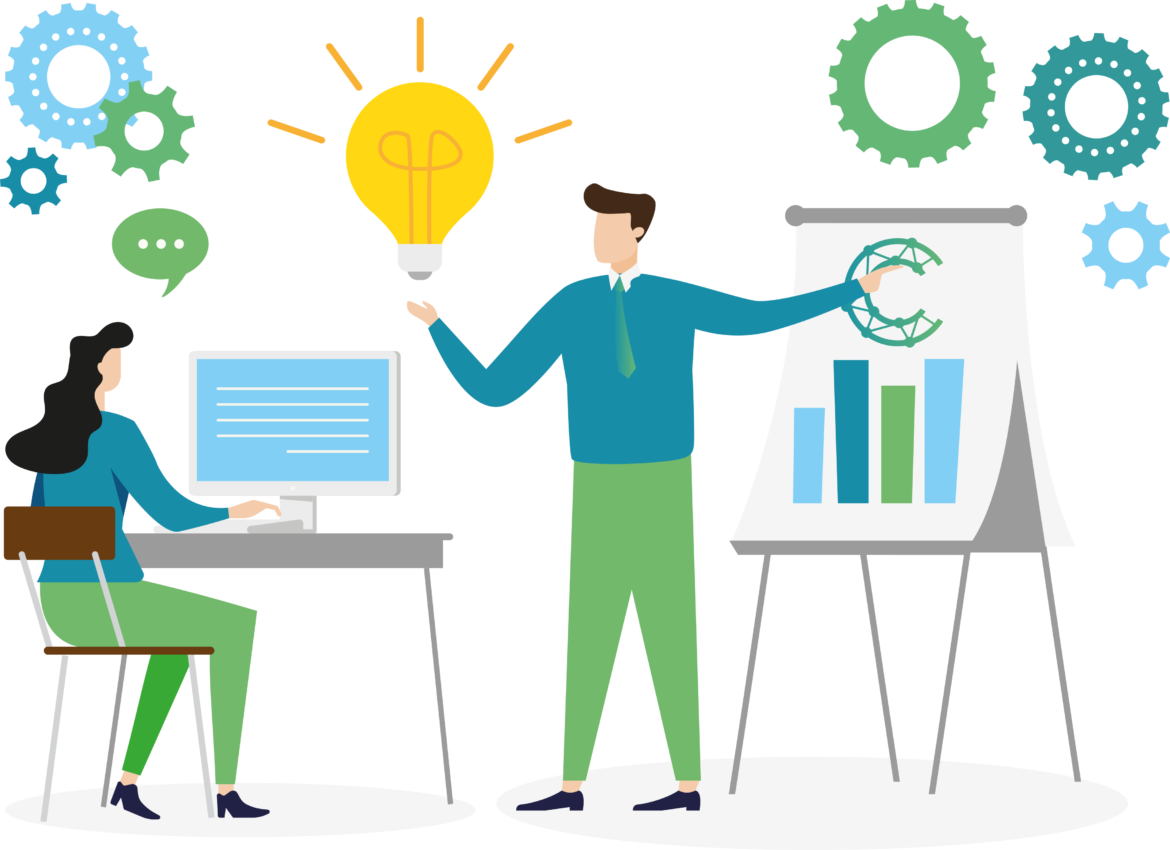
What is a DAO?
The acronym stands for Decentralized Autonomous Organization. The concept of DAO comes from Bitcoin, which could be seen as the first prototype of DAO, and Ethereum where there are several examples of DAOs.
The crypto world community has always been fascinated by this new form of life. Not because of what it could do, or had done, but precisely because it was a new life form. Anyone who wants to create their own new digital life form can do so using a project called https://aragon.org which is based on Cosmos SDK like Commercio.network.
Aragon allows a group of people to organize and collaborate freely without boundaries or intermediaries. It is technically possible to create global organizations and communities without bureaucracy. It should be pointed out that from a legal point of view, there are still no case law references that can give a DAO the status of a legal entity.
Like a blockchain, your DAO will live on the network.
- It will survive as long as it does something that people will pay for.
- There will be no way to remove it.
- It will be radically transparent.
- It will not be able to be stopped in any way.
- It will be able to pay people to do whatever people are willing to do in exchange for its tokens.
- It will follow its own rules that were programmed when it was created.
You could create an NGO, a domain manager, or a prediction market, or a foundation, all of which are completely autonomous (and own themselves)
The concept of a Distributed Autonomous Organization/ Corporation (DAO/DAC) is the ideal outcome of the Crypto economic revolution .
Its roots lie in themes about organizational decentralization that were described by Ori Brafman in The Starfish and the Spider (2007) and those about “peer production”, aptly described by Yochai Benkler in The Wealth of Networks (2006).

